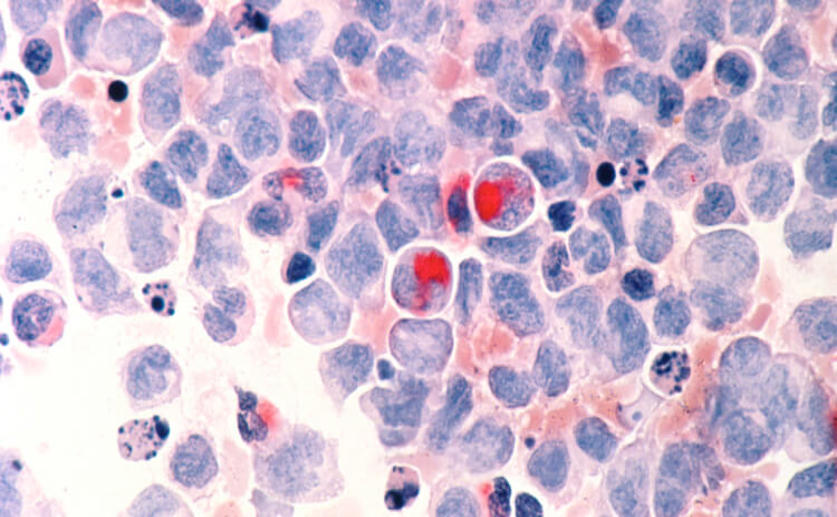
This archived news article is over 5 years old.
Researchers Discover the Mechanisms That Allow Some Tumors to Use Fats as a Fuel Source
David Jennings
15th September, 2016


David Jennings
15th September, 2016
